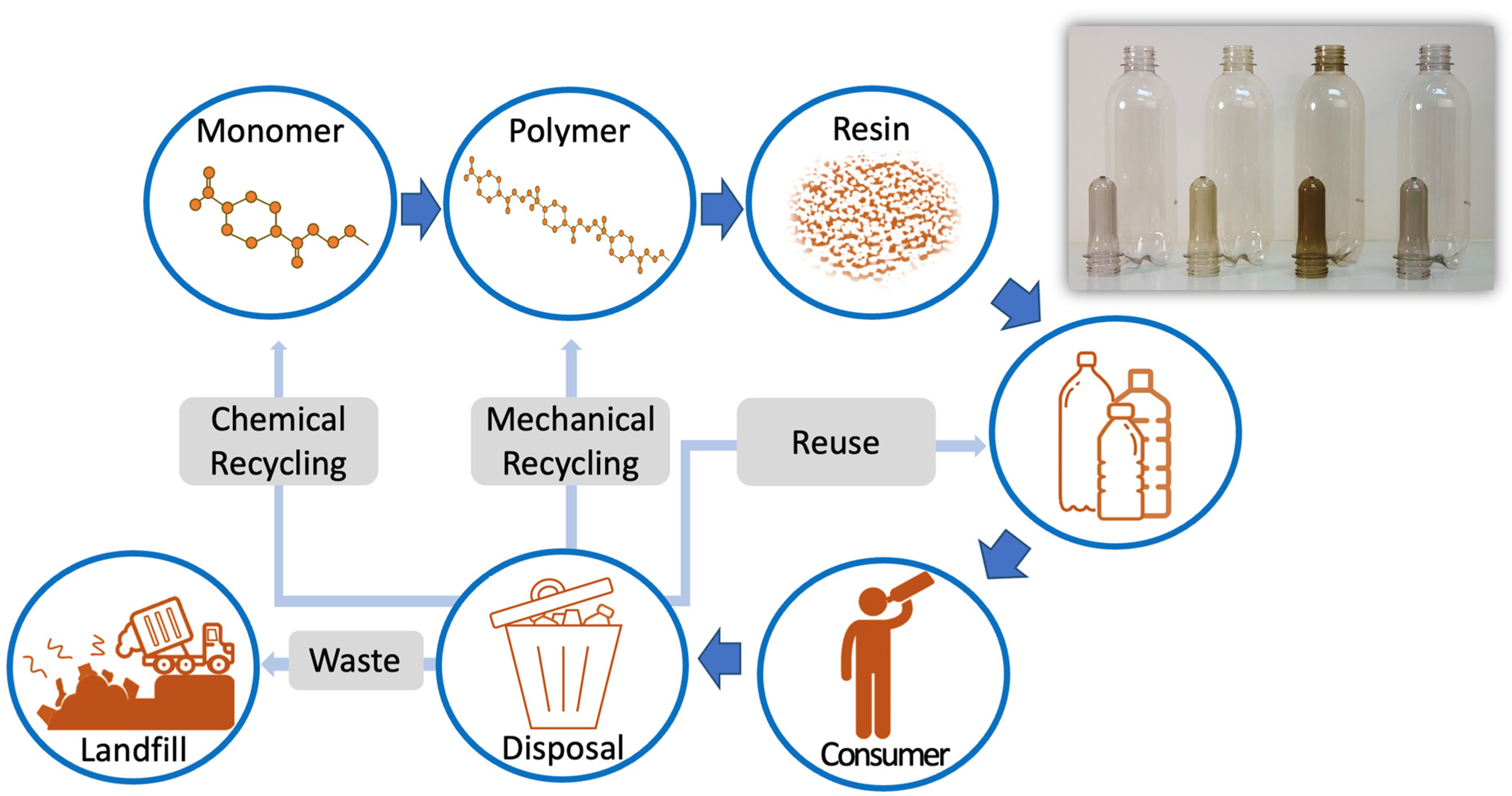


Reliance's Campa Cola, with its aggressive pricing and higher margins to retailers, has disrupted the market and caused increased competition in bottled beverages. This has led TCPL, the Tata Group FMCG arm, to reduce their prices as well. Despite the decline in ready-to-drink business revenue in the September quarter, TCPL's MD and CEO Sunil D'Souza assures that they are adapting to the competitive pricing action to retain their market share.
Reliance's Campa Cola Shakes Up Indian Beverage Market
Campa Cola, owned by Reliance Industries, has made a significant impact on India's bottled beverage market with its aggressive pricing strategy and higher margins for retailers. This has disrupted the market and forced major players like Tata Consumer Products (TCPL) to adjust their pricing and strategies.
Background
Campa Cola was a popular soft drink brand in India during the 1970s and 80s. However, its market share declined over time as PepsiCo and Coca-Cola entered the Indian market with global brands and strong marketing campaigns.
Reliance's Entry and Pricing Strategy
In 2020, Reliance acquired Campa Cola from the Pure Drinks Group. The company has since relaunched the brand with a new packaging design and aggressive pricing. Campa Cola is now priced significantly lower than other major soft drink brands in India.
Market Impact
Reliance's competitive pricing has disrupted the market and caused increased competition in bottled beverages. TCPL, which owns brands such as Tata Tea and Himalayan, has been forced to reduce prices to compete with Campa Cola. This has led to a decline in TCPL's ready-to-drink business revenue.
TCPL's Response
TCPL has assured investors that it is adapting to the competitive pricing environment and taking necessary steps to maintain its market share. The company is also exploring new products and channels to expand its reach.
Top 5 FAQs and Answers
Q1: Why is Reliance selling Campa Cola at lower prices? A: Reliance is offering higher margins to retailers to incentivize sales and gain market share.
Q2: How has Campa Cola's pricing strategy affected TCPL? A: TCPL has reduced prices on its soft drink brands to compete with Campa Cola.
Q3: What is the future of the Indian bottled beverage market? A: The market is expected to remain competitive with strong competition from both local and global brands.
Q4: Is Campa Cola a threat to PepsiCo and Coca-Cola? A: Campa Cola's lower pricing and nostalgia factor could pose a challenge to the dominant players in the market.
Q5: What is Reliance's long-term strategy for Campa Cola? A: Reliance aims to establish Campa Cola as a strong player in the Indian bottled beverage market and leverage its distribution network to expand its reach.

As meditation gains popularity as a mental well-being tool, concerns about potential side effects have emerged. A recent study by a team of researchers from the University of Melbourne delved into the prevalence of adverse experiences among meditators in the United States. By recruiting nearly 900 adults from various meditation skill levels, the study aimed to provide more accurate estimates of how common these side effects are and what factors may contribute to experiencing them. The findings highlight the need for clearer reporting standards in future research on meditation.

Prime Minister Narendra Modi launched a groundbreaking research, development and innovation scheme that will provide a boost to the flourishing ecosystem of innovation in India. In his address at the Emerging Science, Technology and Innovation Conclave, PM Modi highlighted the crucial role of science and technology in driving transformation and emphasized on India's significant progress in the field. He also acknowledged the remarkable achievement of India's women's cricket team and expressed confidence that their success would inspire the country's youth. Attendees included renowned scientists, innovators, and distinguished guests from both India and abroad.

Indian Prime Minister Narendra Modi inaugurated the Emerging Science and Technology Innovation Conclave (ESTIC) 2025 and launched the Rs 1 lakh crore Research Development and Innovation (RDI) Scheme Fund. The scheme aims to strengthen the private sector-driven research and innovation ecosystem in the country and has a total outlay of Rs 1 lakh crore over 6 years. ESTIC 2025, gathering over 3,000 participants, focuses on 11 critical thematic areas including Artificial Intelligence, Quantum Science and Technology, and Space Technologies, providing opportunities for collaboration and reinforcing India’s science and technology ecosystem.

In this edition of Health360, a renewed debate over the alleged link between vaccines and autism is sparked by tech mogul Sridhar Vembu's endorsement of a questionable study. Despite reassurances from the medical community backed by data from the WHO, doubts continue to persist, leading to potential harm to public health. The program also delves into the alarming rise in back pain cases in India and explores new treatments.

In an effort to fight the ongoing air pollution crisis, Delhi conducted its first-ever official cloud seeding operation led by IIT Kanpur. The operation involved a small aircraft dispersing specially designed chemical flares into the atmosphere to create rain. While experts say rainfall could occur within 15 minutes to 4 hours, the actual timeframe depends on various factors such as wind direction and moisture content. If successful, the government plans to continue the operation in the coming days.

In the quest for stronger, luscious hair, we often overlook the importance of nurturing the roots. Fortunately, Ayurveda has long stressed the significance of this practice, which has now been backed by modern science. Studies have shown that herbs like Bhringraj and Amla can activate hair follicles, promoting new growth and delaying greying. Fenugreek, Neem, Hibiscus, and Ashwagandha are also found to be beneficial in strengthening and nourishing the scalp, resulting in thicker and healthier hair.

A college student shares her personal journey of becoming a vegetarian, despite facing challenges and health concerns. She then delves into an ethics class she took, where the concept of marginal cases were discussed. Following an article by philosophy professor Alastair Norcross, she concludes that even though individual action may seem insignificant, refusing to consume factory-farmed meat holds moral significance due to the potential to prevent immense suffering for animals.

On October 24, the global community commemorates World Polio Day to honor the legacy of Dr. Jonas Salk and the efforts of countless individuals and organizations in the fight against polio. This highly contagious and potentially deadly disease, once a widespread epidemic, is now largely preventable thanks to the development of a life-saving vaccine. India's successful eradication of polio serves as a testament to the importance of strong vaccination programs and collaborations in public health initiatives.

As winter arrives in India, so does the hazardous air pollution. Delhi NCR's AQI has already crossed the 400 mark, making it crucial to invest in air purifiers, especially after Diwali. Dyson, Qubo, HomePure, and Philips have launched high-quality air purifiers with advanced features to tackle different types of pollutants and create cleaner indoor air. With prices ranging from Rs 5,000 to Rs 1 lakh, these purifiers are a practical and timely purchase for a healthier living.

In a recent family vlog, Indian celebrity couple Shoaib Ibrahim and Dipika Kakar shared their "natural" hair care routine for their son, using a homemade mask made with rice flour, flax seeds, and coconut oil. However, experts warn that what works for adults may not be suitable for babies, whose sensitive skin and scalp could react to the ingredients. While the ingredients may improve hair texture, they do not necessarily promote hair growth. Instead, a healthy diet and good scalp care are more important in maintaining healthy hair.